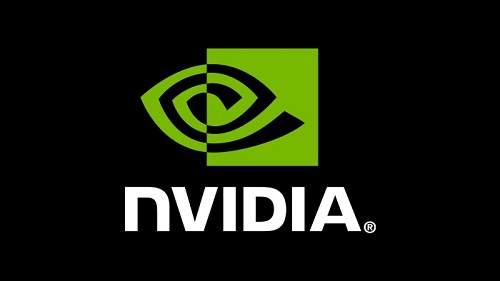 Even as Nvidia announced its new “Grace” Arm CPU for AI and HPC last week, the UK government this morning issued a “public interest intervention” notice that targets Nvidia’s proposed $40 billion acquisition of UK-based Arm Limited, announced last September, on national security grounds.
Even as Nvidia announced its new “Grace” Arm CPU for AI and HPC last week, the UK government this morning issued a “public interest intervention” notice that targets Nvidia’s proposed $40 billion acquisition of UK-based Arm Limited, announced last September, on national security grounds.
While those grounds were not specified, the notice stated that “the Secretary of State believes that it is or may be the case that the interests of national security…are relevant to a consideration of the relevant merger situation.”
It was widely anticipated that the intended merger would be subject to extended regulatory review in part because it involves three countries – the UK, China and the U.S. It appears that the Secretary of State’s decision does not necessarily nullify the acquisition, the immediate impact of the notice is that it requires “the Competition and Markets Authority…to investigate and report” on the intended deal by July 30.
The Nvidia-Arm deal has met resistance since its announcement. Some in the Arm community expressed concern that Nvidia’s ownership of Arm IP could undermine Arm’s “openness.” In addition, two months ago, Google, Microsoft and Qualcomm filed complains about the deal with U.S. antitrust regulators.
CNBC reported this morning that Nvidia issued a response to the UK announcement: “We do not believe that this transaction poses any material national security issues. We will continue to work closely with the British authorities, as we have done since the announcement of this deal.”
Today’s news follows an announcement in early January that the UK’s Competition and Markets Authority (CMA) “was inviting third parties to comment on the merger, ahead of a formal antitrust probe later this year. The investigation will assess the deal’s possible effects on competition in the U.K. and won’t consider national security, though other British-government arms could intervene on that matter.”

Last week at its annual GTC industry gathering, Nvidia launched its Grace Arm-based chip, the company’s first foray into data center CPUs designed for what the company called “Giant AI” and HPC workloads. Its launch comes on the heels of high end CPUs announced recently by AMD and Intel.
Nvidia said last week that the new chip targets workloads such as training natural language processing models with more than 1 trillion parameters and other highly complex machine/deep learning applications. “When tightly coupled with Nvidia GPUs, a Grace CPU-based system will deliver 10x faster performance than today’s Nvidia DGX-based systems, which run on x86 CPUs,” Nvidia said. “While the vast majority of data centers are expected to be served by existing CPUs, Grace — named for Grace Hopper, the U.S. computer-programming pioneer — will serve a niche segment of computing.”



